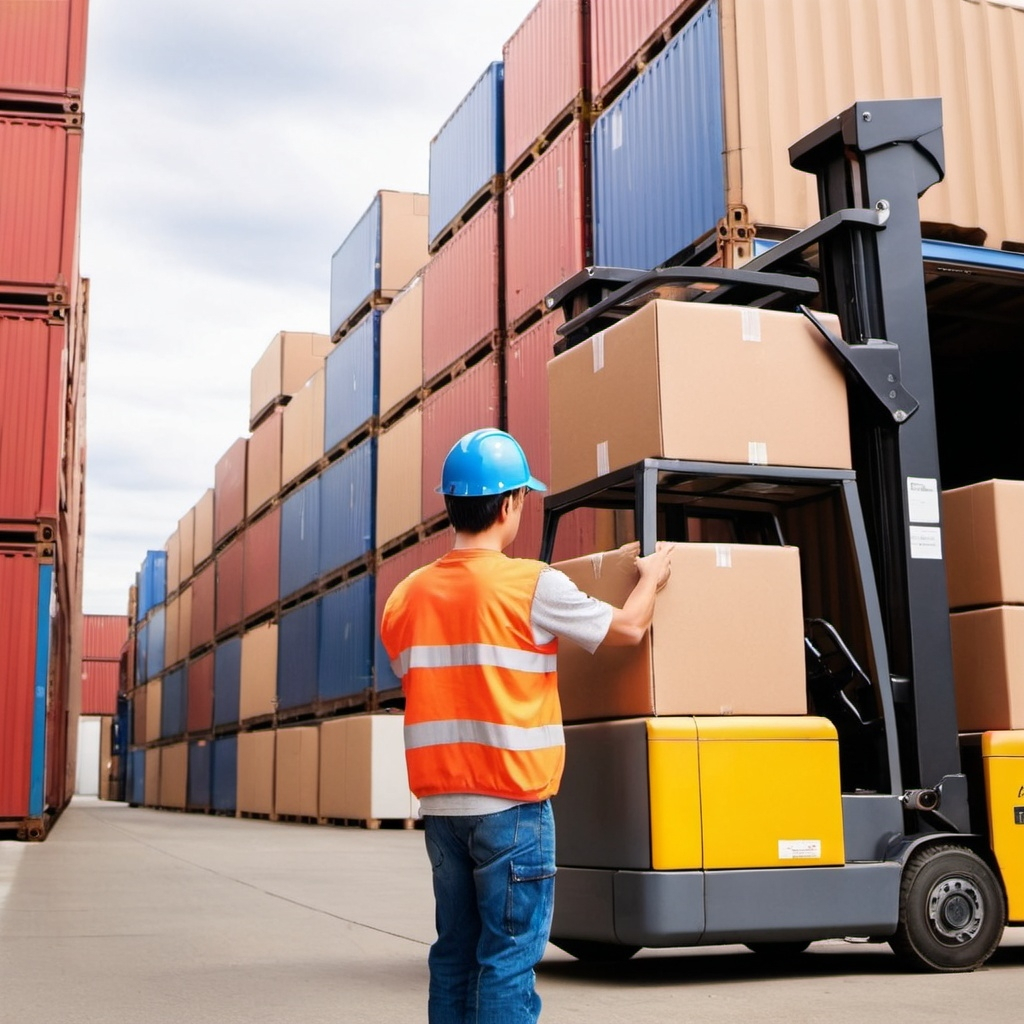The Crucial Role of Transportation Companies in eCommerce Fulfillment
Transportation companies are businesses that provide services for moving goods, cargo, or passengers from one location to another, using various modes of transport such as road, rail, air, or sea.
Shipping companies are businesses that specialize in transporting goods and cargo via sea, air, or land, typically offering services such as logistics management, freight forwarding, and delivery across domestic and international locations.
In the fast-paced world of eCommerce, where customer expectations for fast and reliable delivery continue to rise, the role of freight forwarders has become increasingly vital. As online retailers strive to streamline their logistics and ensure that products reach customers quickly and efficiently, freight forwarders play a key part in optimizing the supply chain. This article explores the essential functions of freight forwarders in eCommerce fulfillment and why they are critical to the success of online businesses.
What is a Freight Forwarder?
A freight forwarder is a third-party logistics provider that specializes in the coordination and shipment of goods from one location to another. Acting as intermediaries between shippers (such as eCommerce retailers) and various transportation services (such as air, sea, rail, and road), freight forwarders manage the complex logistics of moving goods across international and domestic borders.
Key Roles of Transportation Companies in eCommerce Fulfillment
1. Simplifying International Shipping
One of the most significant challenges for eCommerce businesses is navigating the complexities of international shipping. Freight forwarders simplify this process by handling all the necessary documentation, customs clearance, and regulatory compliance. They have in-depth knowledge of international shipping regulations and can ensure that goods are transported smoothly across borders, reducing the risk of delays or fines due to non-compliance.
2. Negotiating Competitive Shipping Rates
Freight forwarders have established relationships with various carriers, allowing them to negotiate competitive shipping rates on behalf of eCommerce businesses. By consolidating shipments from multiple clients, they can often secure bulk discounts, which translate into cost savings for retailers. This ability to lower shipping costs is especially valuable for small to mid-sized eCommerce businesses that might not have the volume to negotiate directly with carriers.
3. Providing Multi-Modal Transportation Solutions
eCommerce fulfillment often requires the use of multiple modes of transportation—such as air, sea, and land—to get products from manufacturers to end customers. Freight forwarders coordinate these multi-modal solutions, ensuring that goods are transferred efficiently from one mode of transport to another. This coordination minimizes transit times and optimizes delivery schedules, which is crucial for meeting customer expectations for fast delivery.
4. Managing Risk and Insurance
Freight forwarders help eCommerce businesses manage the risks associated with shipping goods, particularly when it comes to international trade. They offer insurance options that protect shipments against loss, damage, or theft during transit. By providing this added layer of security, freight forwarders give eCommerce retailers peace of mind, knowing that their products are protected while in transit.
5. Enhancing Supply Chain Visibility
Supply chain visibility is crucial for eCommerce businesses to manage inventory levels, track shipments, and provide customers with accurate delivery estimates. Freight forwarders use advanced tracking and reporting technologies to give businesses real-time visibility into their shipments. This transparency allows retailers to proactively manage any issues that may arise during transit, ensuring that they can keep their customers informed and satisfied.
6. Streamlining Returns Management
In eCommerce, returns are an inevitable part of the business. Freight forwarders assist in managing the logistics of returns, ensuring that returned goods are handled efficiently and cost-effectively. They coordinate the reverse logistics process, from picking up the returned items to processing them at the warehouse, which helps eCommerce businesses maintain customer satisfaction and minimize the impact of returns on their bottom line.
Why eCommerce Businesses Need Freight Forwarders
The global nature of eCommerce means that businesses are often dealing with complex logistics that can be challenging to manage in-house. Freight forwarders bring expertise, efficiency, and scalability to the fulfillment process, allowing online retailers to focus on their core business operations while leaving the logistics to the experts.
Whether it’s negotiating better shipping rates, ensuring compliance with international regulations, or providing real-time tracking, freight forwarders offer invaluable support to eCommerce businesses looking to optimize their fulfillment strategies. By partnering with a reliable freight forwarder, online retailers can enhance their shipping capabilities, reduce costs, and ultimately deliver a better experience to their customers.
Conclusion
As eCommerce continues to grow and evolve, the role of freight forwarders and transportation Companies in fulfillment will only become more critical. Their ability to streamline logistics, manage risks, and provide cost-effective shipping solutions makes them indispensable partners for any eCommerce business looking to thrive in a competitive market. Investing in a strong relationship with a freight forwarder can be the key to unlocking new levels of efficiency, cost savings, and customer satisfaction in your eCommerce operations.
Resources:
Micro fulfillment Center
Order fulfillment companies
